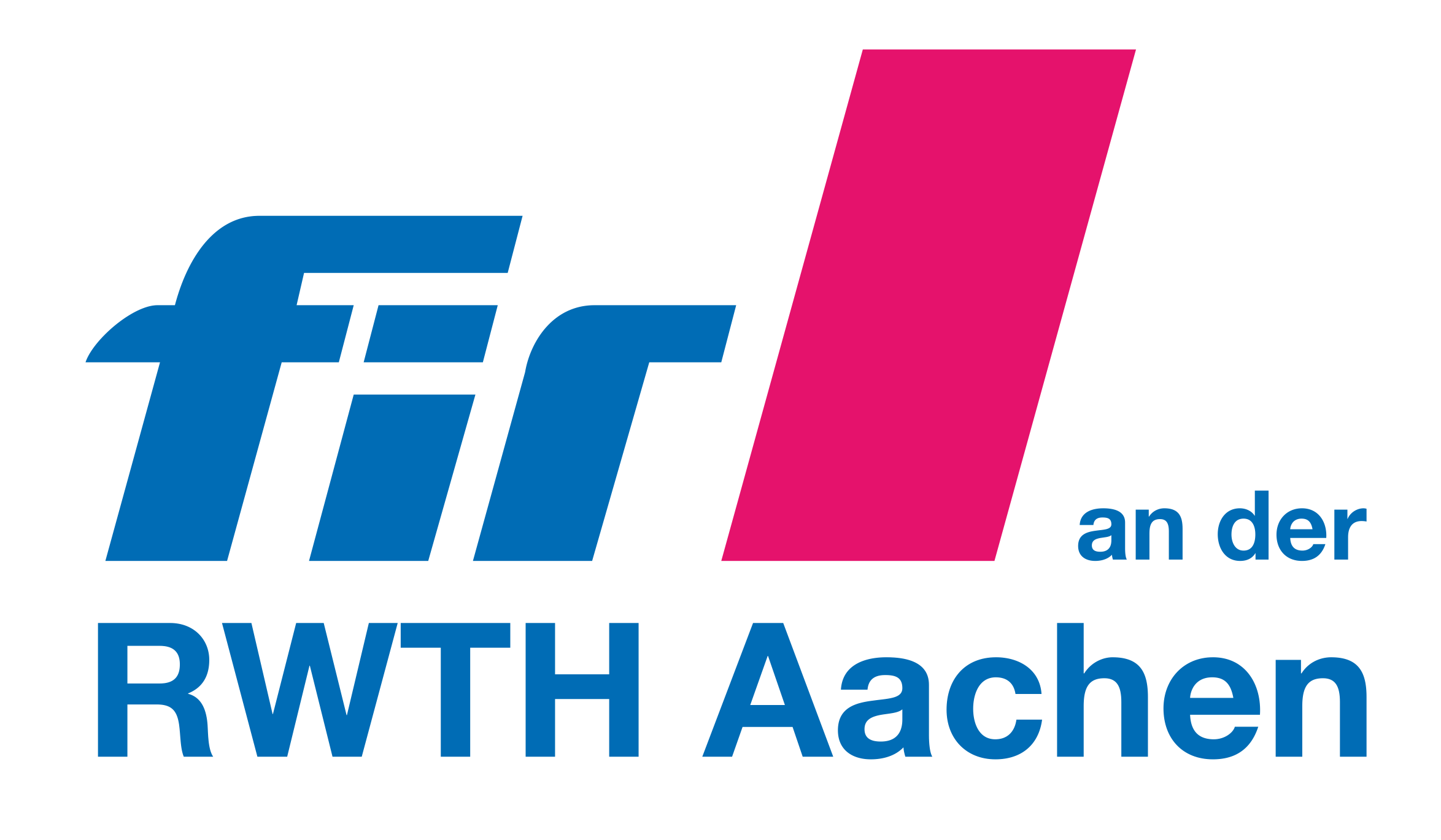KI-LIAS
Artificial intelligence for conducive learning industrial assistance systems

The aim of the research project KI-LIAS is to develop a procedure for acceptance-based application decision-making, development, introduction and use of AI applications in manufacturing companies that promote learning.
Initial situation
The use of artificial intelligence (AI) has already led to changes in the work and employment situation of many employees, and further, radical effects can be expected. Labor research is largely in agreement that there are both potentials and risks associated with the introduction of AI and digital assistance systems. While AI is already being used successfully in the area of machine automation, its use still faces major challenges, particularly in direct collaboration with employees. The potential of AI can only be realized with existing trust and acceptance of employees in the effectiveness and benefits of corresponding applications. However, insufficient employee participation in the relevant change processes usually leads to mistrust and a lack of acceptance of AI applications. As a result, systems are not used or are used only to a limited extent, which can lead to problems in the quality of results and thus to increased rejection of the systems due to the resulting lack of feedback from the training and introduction phase.
Solution approach, expected result and benefits for the target group
The aim of the "KI-LIAS" project is therefore to develop a procedure for acceptance-based application decision-making, development, introduction and use of AI applications in manufacturing companies that promote learning. Both small and medium-sized enterprises (SMEs) and large companies in the manufacturing industry are considered as the target group, with the employees in the planning, control and execution of production being addressed as the internal target groups in each case. Taking into account the specific challenges of the employees of SMEs and large enterprises, introduction processes and collaborative AI applications are to be designed in order to sustainably improve both the work processes and conditions as well as the work results of the employees and thus to secure the competitiveness of the German manufacturing industry in the long term. The selected solution approach focuses on the continuous involvement of the relevant employees and a knowledge gain in the sense of problem-based learning through the development, introduction and use of a prototypical AI application for each application partner.
Project partners
- Beiersdorf AG, Hamburg
- d-ialogo – partner für innovative qualifizierung + unternehmensentwicklung e.K., Wuppertal
- Dipl.-Ing. H. Horstmann GmbH, Heiligenhaus
- Mauser + Co. GmbH, Ditzingen-Heimerdingen
- Miele & Cie. KG, Gütersloh
- Peers Solutions GmbH, Berlin
- Scherzinger Pumpen GmbH & Co. KG, Furtwangen
- Stacke GmbH, Aachen
Branch
- Vehicle, special Vehicle and Automotive
- Machinery and Plant Engineering
Topic Area
- Service Management
- Smart Mobility
Research Focus
- Digital Products
- Smart Work
FIR Topics
JRF Guiding Topic
- Society & Digitization
Contactperson
Projectinfos
Duration
Funding no.
EXP.01.00018.20Further information
UdZ-Article: "KI-LIAS: Using AI Sensibly, Appropriately, and Economically"





